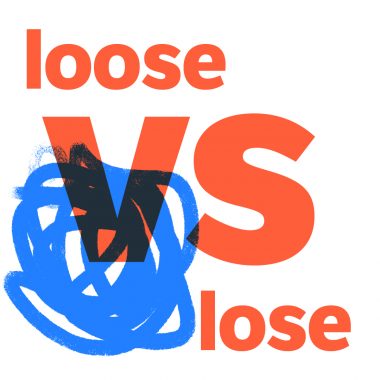What Is A Schwa?
How do I love thee? Let me count the schwas.Not exactly what Elizabeth Barrett Browning wrote in Sonnet 43, but we like it all the same. Why? Because it finally pays tribute to the most frequent vowel sound in English: the schwa. What is the schwa and how does it sound? Simply put, the schwa is a reduced, neutral vowel sound written as an upside-down …











